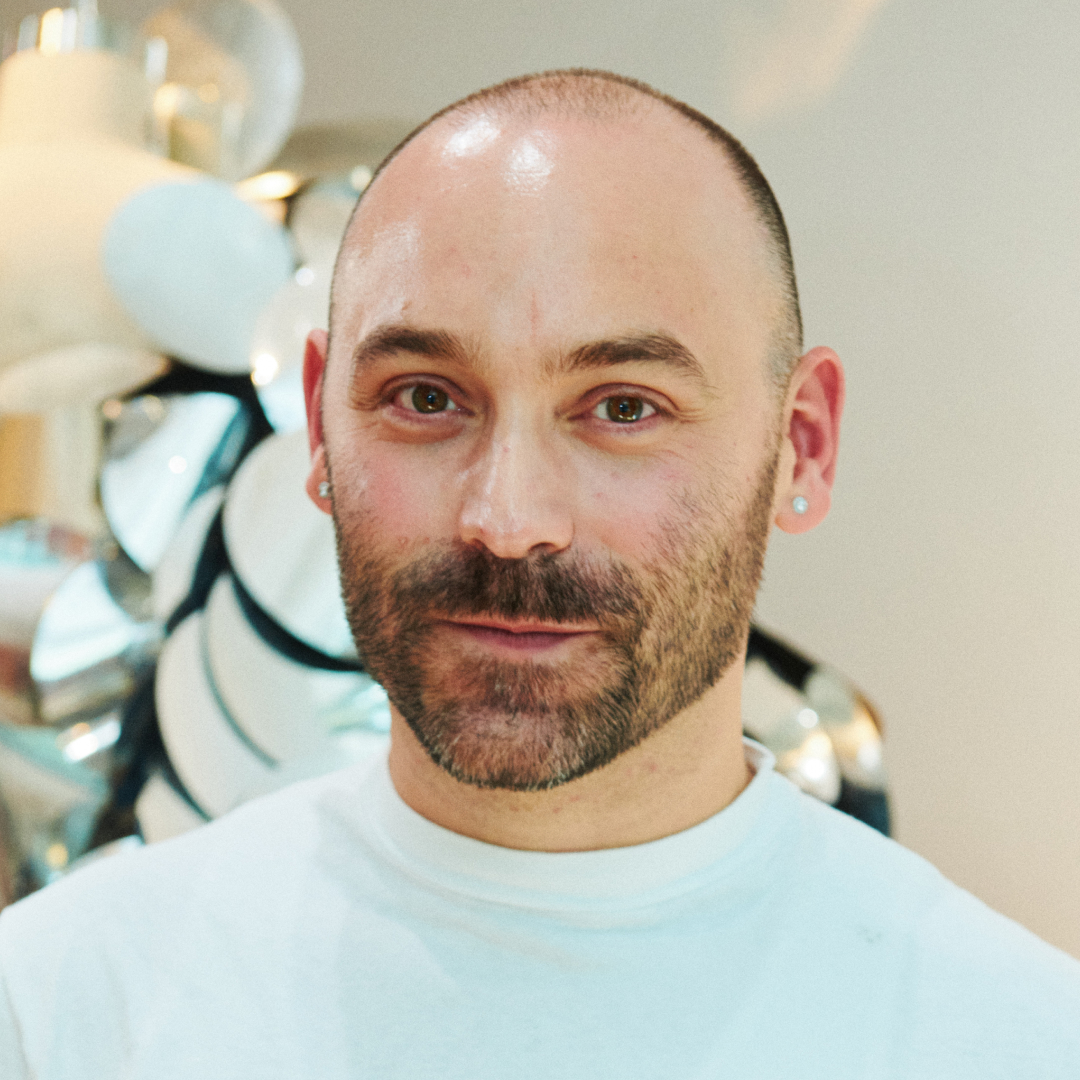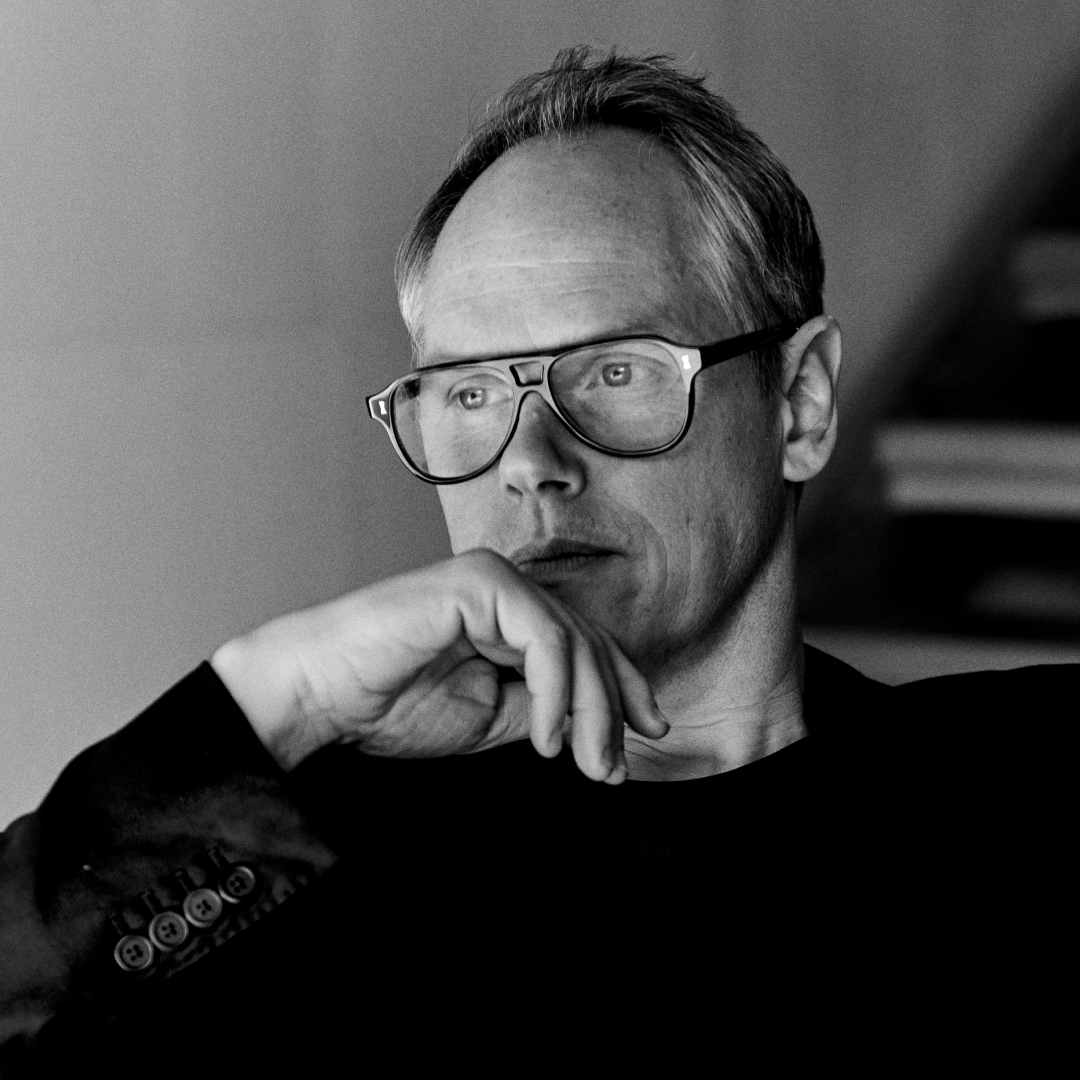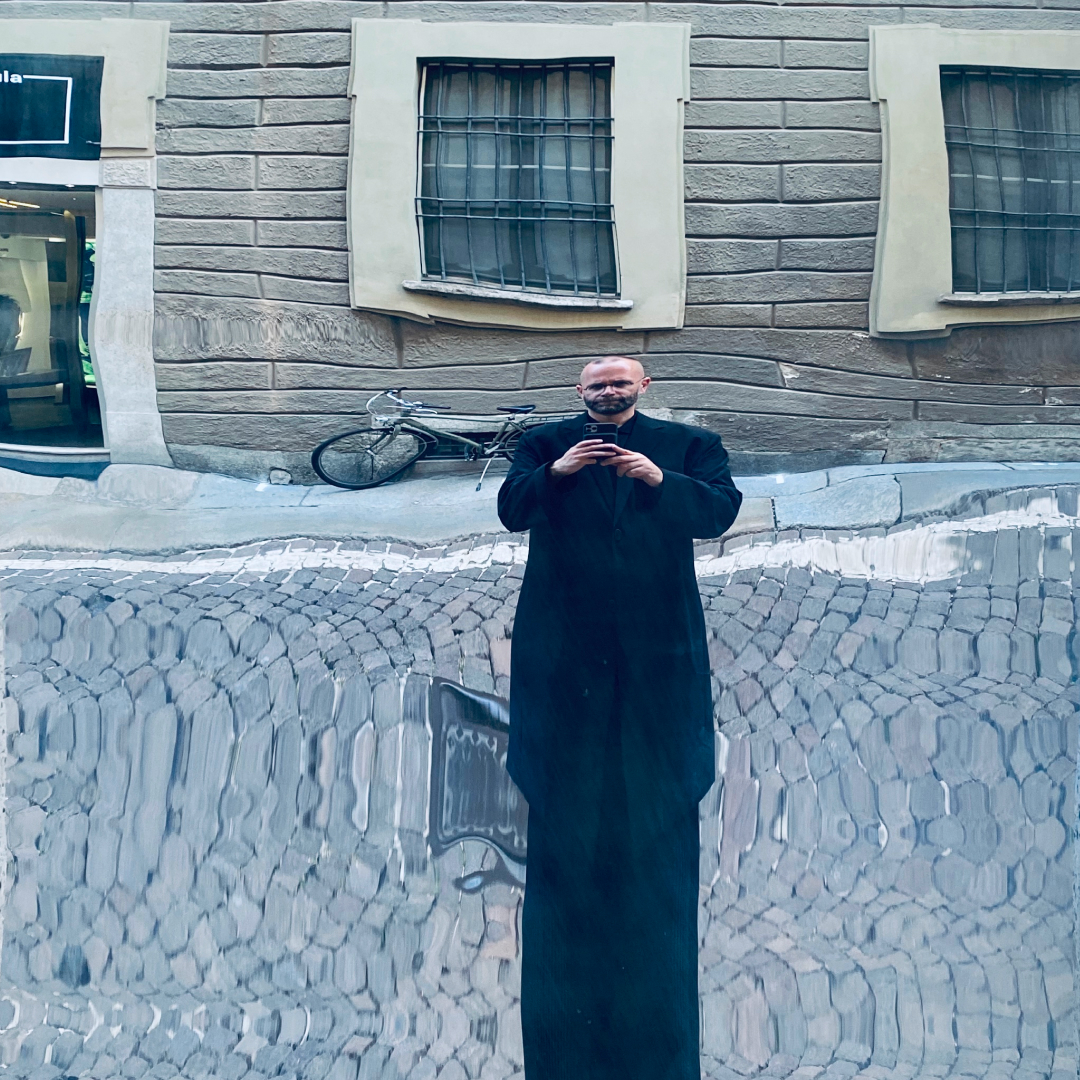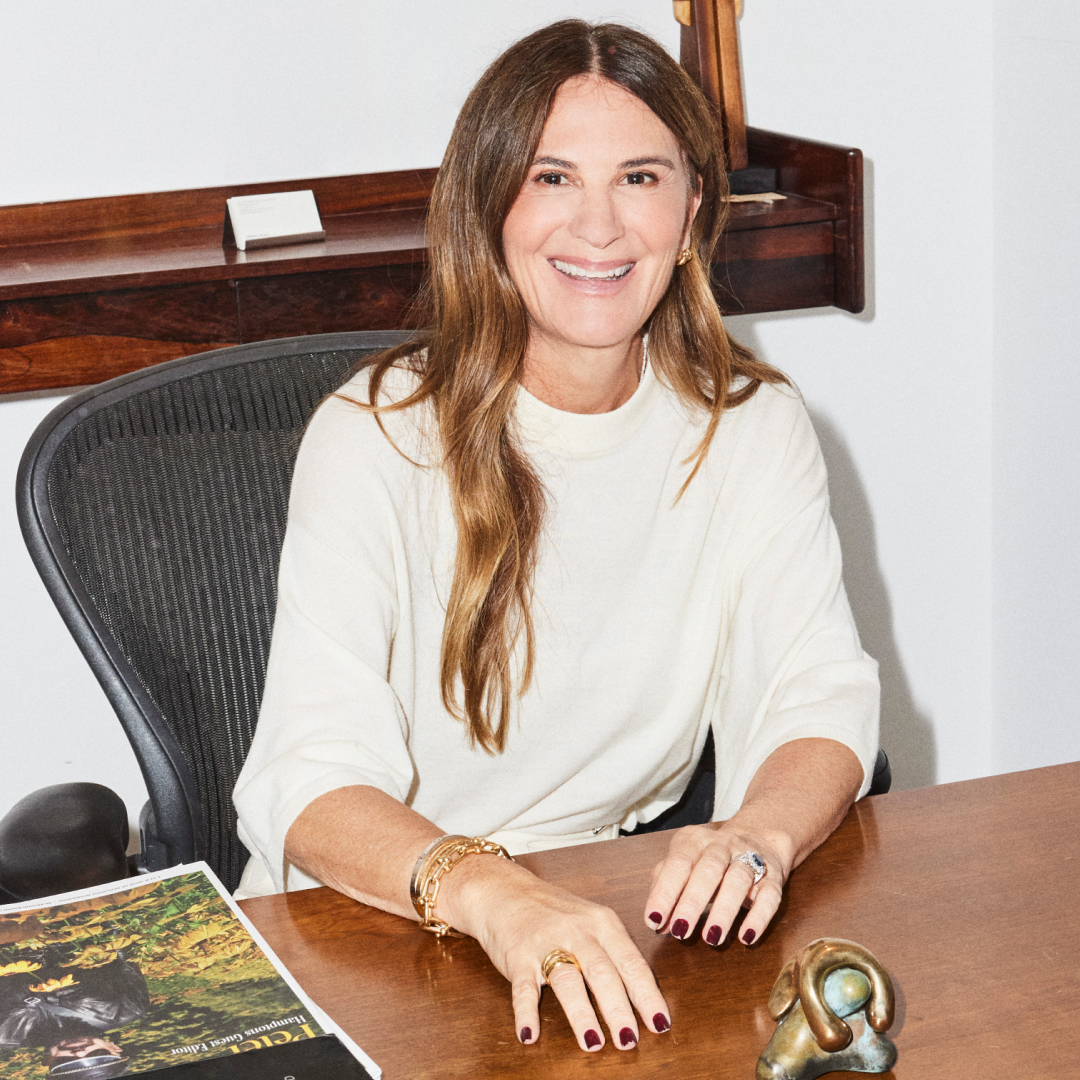Show Notes
Summary
It’s easy to repeat oneself in fashion. Certain truths return again and again, not because we lack imagination, but because they remain unresolved. One of them is this—authenticity isn’t rare because people are unwilling to be real, but because many still don’t know who they are. Carlos Nazario does. And more than that, he shows up as himself, without spectacle and without self-mythologizing.
What makes this conversation compelling isn’t only his perspective on fashion or culture. It’s the way he holds space for complexity—the exhaustion and the joy, the disenchantment and the deep love for the work. There’s a calm clarity in how he speaks about image-making, identity, and the creative life. Not as fixed roles, but as evolving practices.
For anyone feeling unmoored by the state of the industry or uncertain about how to keep creating in a time that feels increasingly TBD, this episode offers something more valuable than certainty. It offers perspective, and the steady presence of someone who has figured out how to move forward without losing himself along the way.
“I love fashion. I don’t always love the fashion industry.” - Carlos Nazario
Episode Highlights
- Redefining Exhaustion in Creative Work - Carlos discusses the mental and emotional toll of fashion’s nonstop pace—and why he refuses to glorify burnout, emphasizing presence, boundaries, and creative sustainability.
- Loving Fashion vs. Loving the Industry - He unpacks the tension between a deep love for fashion itself and disillusionment with the political performance of the industry.
- The Power and Limits of the Internet in Fashion - Carlos reflects on the democratization of commentary online, and how the resulting noise makes it harder to sift out meaningful, resonant work.
- Image as a Tool for Transformation - A powerful meditation on imagemaking as a vehicle for cultural change, generational thought, and emotional resonance.
- Resisting Small Talk, Embracing Realness - He shares his discomfort with surface-level conversations in industry spaces, and his craving for meaningful, emotionally honest exchanges.
- Retreat, Identity & Reclaiming the Self - A story about a therapeutic retreat—where he wasn’t allowed to share his profession or last name—leads to a conversation about selfhood outside of industry labels.
- Critique vs. Cruelty - Carlos addresses the rise of snarky, anonymous fashion criticism, drawing a distinction between valuable critique and performative cruelty.
- The Weight of Representation - He speaks candidly about his experience as a Black, Afro-Latino stylist—and how resilience, optimism, and responsibility continue to shape his point of view.
- Time, Mortality & Legacy - A moving reflection on life’s brevity, what it means to step away, and how true impact often comes from stillness and intentionality.
- What’s Contemporary Now - Looking within. Carlos defines contemporaneity as self-awareness, intention, and resisting herd mentality in favor of independent thought.
Notable Quotes:
- “I love fashion. I don’t always love the fashion industry.”
- “Creativity isn’t infinite. You have to refill yourself if you want something worth pulling from.”
- “The industry I signed up for doesn’t really exist anymore—but I still lead with gratitude.”
- “I never want anyone to leave an encounter with me thinking I wasn’t present. That’s the worst critique I could receive.”
- “What’s contemporary now is looking within. It’s about deciding for yourself how you want to show up in the world.”
- “Critique is valuable. Snark isn’t. One sharpens the work, the other just tears it down.”
- “I’ve spent hundreds of thousands of dollars in therapy to learn how to say kind things to myself—and mean them.”
- “The internet has made every voice feel equal, but not every voice is rooted in care or knowledge.”
- “There’s no greater tool than an image. One picture can shift culture. That’s what keeps me charged.”
- “You don’t serve the world by draining yourself. Self-care is an act of generosity.”







































































































